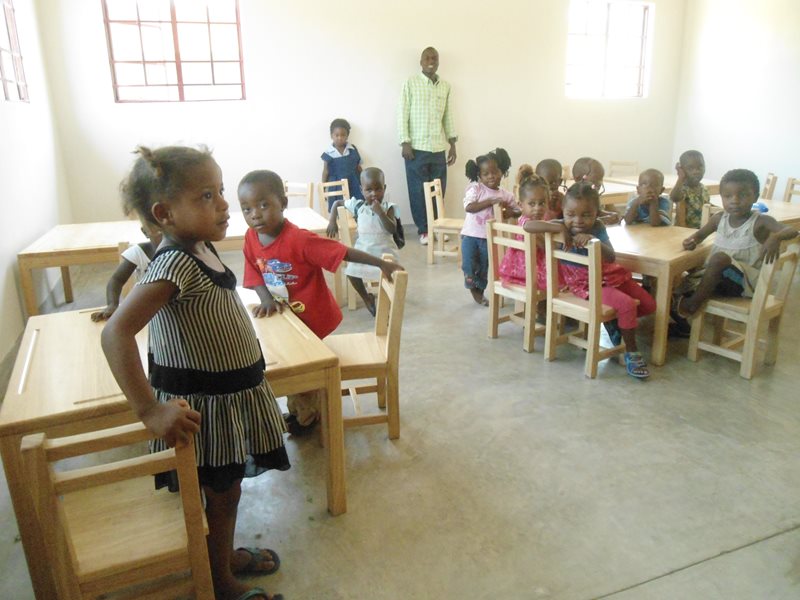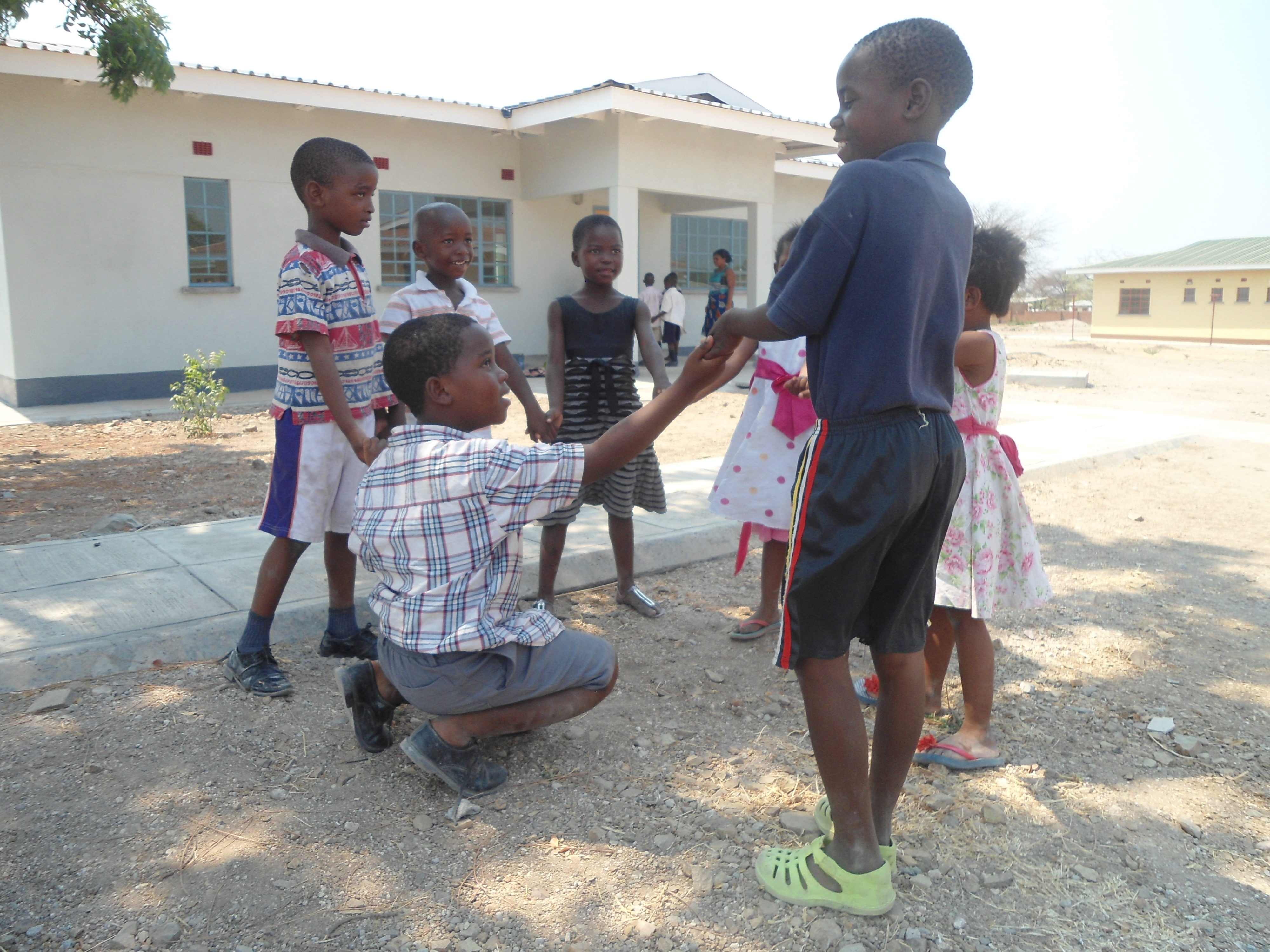Ngabu is one of the most deprived areas of Malawi

SOS Children's Village Ngabu is located in the southern part of Malawi, in the rural district of Chikwawa. Children growing up here face some of the hardest conditions in the country. The region has one of the highest rates of poverty and most families rely on subsistence farming for their food. Around 15 per cent of children under the age of 18 have lost both parents and 11 per cent have lost one parent.
There is very little infrastructure in place to meet the needs of the local population: there are few schools and the health facilities are struggling. The number of people suffering from HIV/AIDS is rising, and this is affecting a growing number of children in the area. As the adults of the family become unable to work, children are often forced to take on the responsibility of caring for their parents and themselves. In the past, the extended family would have taken responsibility for children who are left without parental care, but due to the increasing levels of poverty these family safety nets are often not there anymore. Many children have to drop out of school in order to go to scrape together a living. The country has a high rate of child labour: around 37 per cent of children between the ages of 5 and 14 work. Alarmingly, unless these children are offered help, they often end up working as prostitutes, thereby increasing their vulnerability.
Young people find it hard to make a good start in life. They have often not received enough education: only seven per cent of the area's school-age children attend secondary school. It is also hard for them to have access to vocational training. Many of them decide to migrate to urban areas in search of employment, but without skills they find it increasingly hard to get a job in the cities.
Providing a safety net for families and children in need
The local authorities have acknowledged the need to improve the lives of children in the area. Working in close cooperation with the authorities, local leaders and the community, our organisation assessed the needs of the neighbouring population. In an area where children run such a high risk of losing parental care, the need to support local families was clear. There was also an urgency to provide alternative care for children who had nobody to care for them.
Education was another matter of concern: only about half of school-age children actually start school. The school drop-out rate is higher for girls and children who have lost parental care, or are at risk of losing it. Many children have to walk long distances in order to get to school, and the quality of education is compromised by the fact that, on average, there are over 130 pupils in a classroom.
What we do in Ngabu
.jpg?width=800)
Strengthening local families: SOS Children's Village Ngabu runs a series of programmes to support the local population. We hope to reach about 2,000 vulnerable people. Local families who are at risk of breaking down can find assistance through the SOS Family Strengthening Programme. We work directly with families and communities so that they can continue to care for their children. We ensure that children have access to essential health and nutritional services, and try to improve their parents' income generating skills. We offer counselling when needed. Priority is given to families who are affected by HIV/AIDS.
Family-based care: Children who have lost parental care can find a loving home in one of the 15 SOS families. They grow up with their brothers and sisters and are looked after by their SOS mothers.
Support for young people: As children grow older they join the SOS Youth Programme, where professional staff continues to support them. They are able to receive vocational training at the SOS Vocational Training Centre, which is also open to the local community.
Education: Children from the SOS families and those from the local community attend the SOS Kindergarten and primary school together. The kindergarten provides quality day care for up to 90 pre-schoolers and up to 640 pupils have the opportunity of gaining an education.